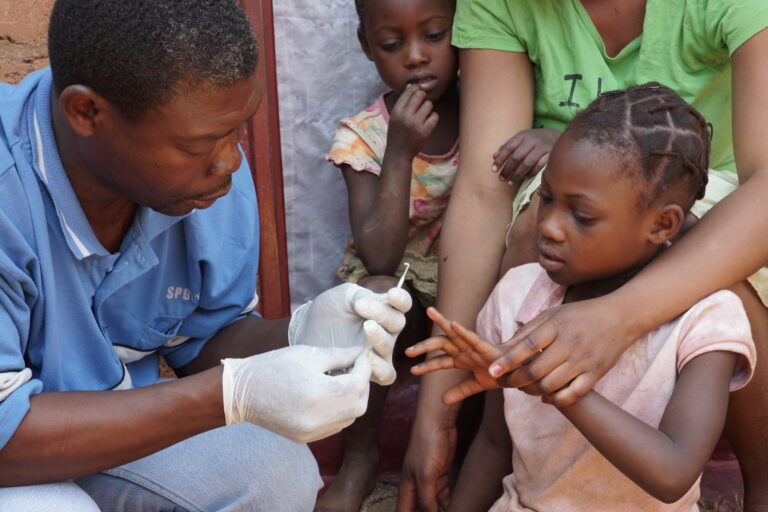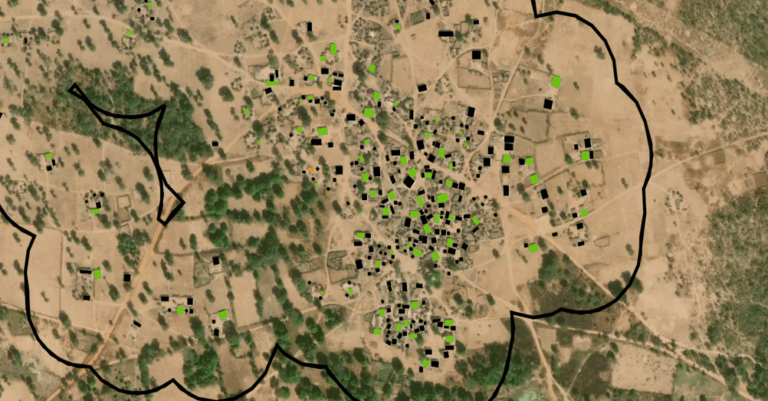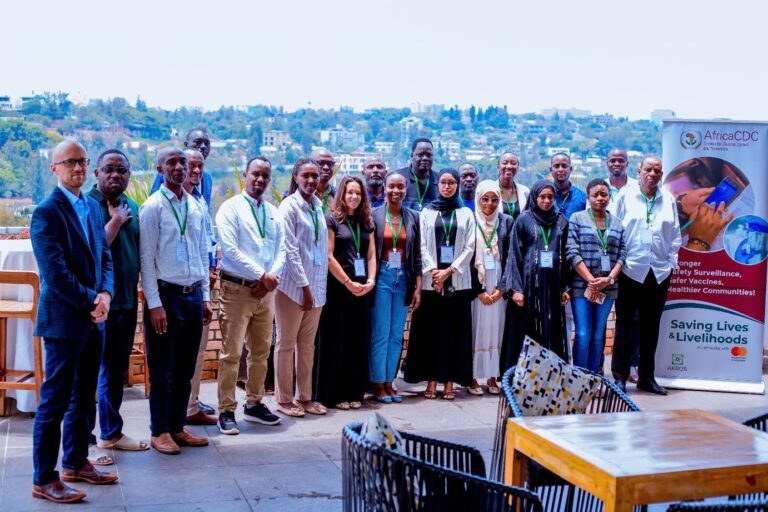Across Africa, malaria control is at a crossroads. Years of progress are being threatened by shrinking resources, shifting donor priorities, and fragile health systems. The abrupt contraction of international aid has left national malaria programs exposed, with dangerous gaps in core interventions.
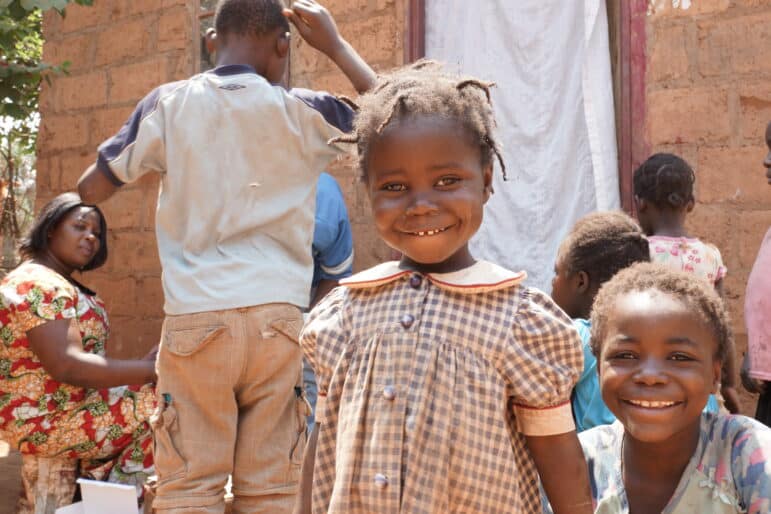
Bridge the Gap (BTG) was created in response to this crisis. Launched in early 2025, BTG is a lean, country-focused initiative that works hand-in-hand with national malaria programs in Zambia, Ethiopia, Nigeria, Ghana, and the Democratic Republic of Congo. Its mission is simple but urgent: to prevent avoidable sickness and death by mobilizing rapid support where it is needed most.
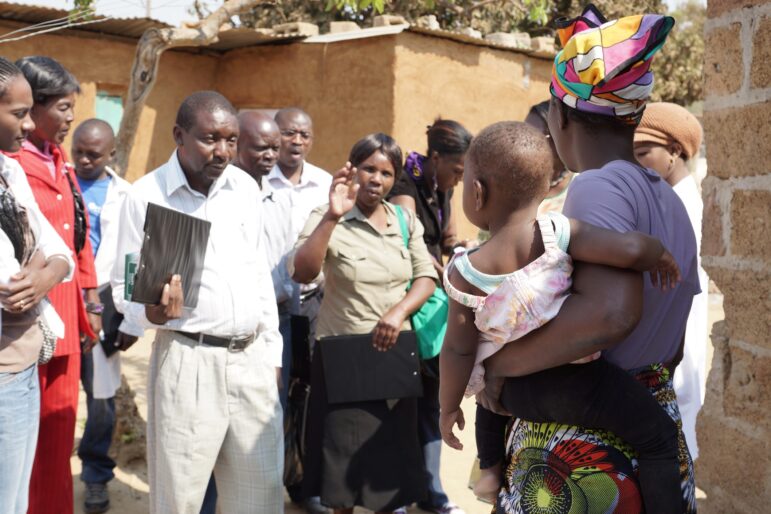
Malaria Control in Crisis
Donor funding cuts in 2025 revealed a sobering truth: despite decades of investment, many countries remain deeply dependent on external aid for malaria control. When budgets collapse, communities are left unprotected, and malaria rebounds. Modeling suggests that sustained support could have prevented hundreds of thousands of cases in Zambia alone.
This situation is not unique to Zambia. Ethiopia faces outbreaks fueled by displacement and climate shocks; high-burden countries like Nigeria and the DRC risk losing hard-won gains. Everywhere, the pattern is similar: demand for malaria resources far exceeds supply.
BTG’s Approach
BTG operates with urgency and pragmatism. Our team rapidly identifies critical gaps, produces investment cases, and coordinates local implementation to ensure continuity of essential interventions.
- Efficiency and precision guide everything we do: no excess, no wasted coverage.
- Country systems first: as much as possible, we work with Ministries of Health to strengthen local capacity. Where risk is high, we use temporary channels with a clear plan for transition back to national ownership.
- Dual goals: protect lives today while hardening systems and ensuring sustainability for tomorrow.
This balance is at the heart of BTG’s ethos. We cannot pause life-saving services while waiting for systems to mature — yet every intervention should leave behind stronger local platforms.
Where International Aid Stands
The generosity of international aid over the past two decades has saved millions of lives. But today, that system is faltering. Funding is shrinking while needs grow. Major partners like PMI and the Global Fund face their own pressures, forcing hard trade-offs that strip away long-term investments in critical areas like surveillance, behavior change, and innovation.
At the same time, local capacity is not yet where it must be. Many health systems struggle with weak supply chains, insufficient supervision, and limited ability to self-finance. Simply restoring old budget lines will not be enough — new approaches are required.
Our Position
BTG believes the way forward includes these points:
- Act now to prevent unnecessary deaths. Immediate access to nets, medicines, diagnostics, and vaccines cannot wait.
- Invest in lasting resilience. Every dollar spent today should also strengthen systems that will endure beyond this funding cycle.
- Embrace pragmatism. Perfection is the enemy of progress; what matters is protecting children and vulnerable groups without delay.
- Catalyze new financing. With traditional aid shrinking, innovative public–private partnerships and domestic contributions must expand and ensure sustainability
The Bigger Vision
Bridge the Gap is not just about plugging short-term holes. It is about building a pathway where national malaria programs lead, external partners support with agility, and no family is left unprotected because funding ran out.
From Zambia’s community health workers to areas of highest malaria risk in Ethiopia, and across the heavy burdens of Nigeria, Ghana, and the DRC, BTG stands with countries to safeguard progress.
Malaria is preventable. Death from malaria is unacceptable. And with the right support, countries can protect lives now while advancing toward elimination.
👉 Call to Action: The global health community, private partners, and philanthropies have an urgent opportunity to step in. By bridging the gap today, we can prevent resurgence, protect decades of progress, and move closer to a malaria-free future. Go to: https://www.malaria.akros.com

